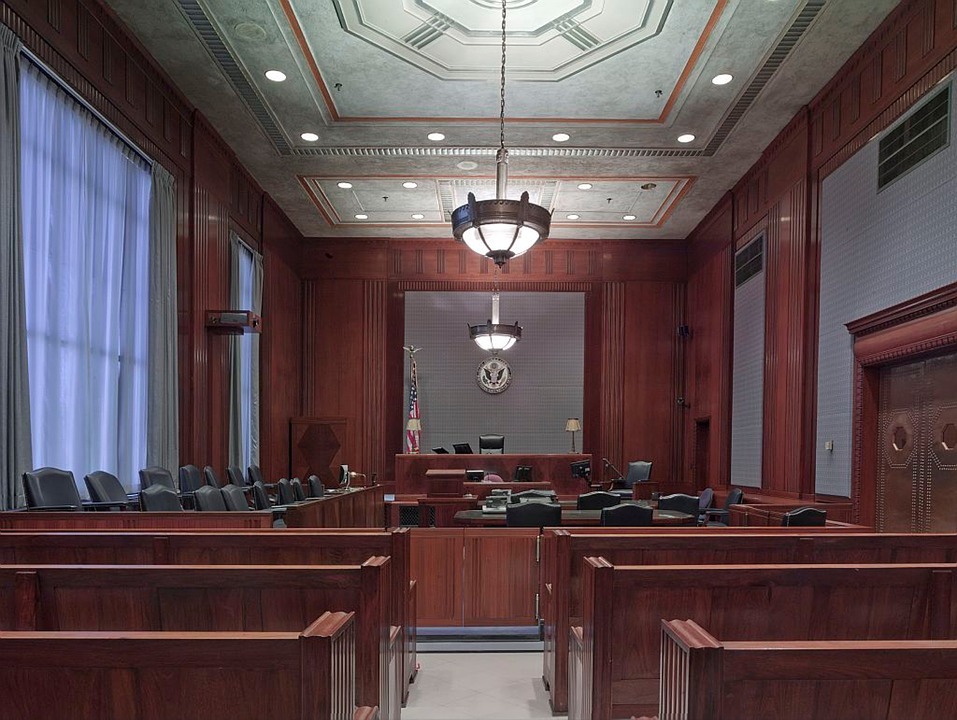A preliminary hearing is generally held when courts want to be sure that the case in question has enough evidence present for there to be a hearing. You can’t get the judge to forward a case without any base. Also, the procedure will also be decided in the preliminary hearing. There are certain questions that will most definitely be asked by the judge.
These questions will decide the future of a regular hearing for your case. It is always better to be prepared. Many believe that court delays are caused by preliminary hearing questions which is not the case.
These are a few things you need to know about preliminary hearings.
The Difference Between a Preliminary Hearing and a Public Hearing
The difference between a preliminary hearing and a regular one is the fact that the procedure is decided in the former. The way the evidence will be laid out and if the evidence is even laid out in the right way. In a public hearing, you are more likely to listen to the witnesses under oath and the evidence ought to have been the truth. It is more formal and legitimate in the sense of the word.
People Involved
There are still important people that will be present at the preliminary hearing. Legal representatives are most likely to be present at a preliminary hearing. The counsel to the inquiry will be there. The core participants or the potential core participants will be required to submit regarding their procedural matters.
The procedure of the case and the evidence in question will be heard by the inquiry at this hearing. The preliminary hearing is basically a skeleton of the actual hearing. The decisions will be made at the public inquiry. The validity will be tested at a preliminary hearing.
Public Attending a Preliminary Hearing
Attendings that are preliminary or public, both are open to the general public because of the nature of the hearings. However, it depends on the kind of information that is being disclosed, like said, it has to do with the nature of the hearing. You can’t attend a hearing if the information is to be sensitive. Places are given on a first come, first serve basis. This means that there is no structure as to who will be allowed. If you want to experience a hearing first hand, chances are that you will be allowed.
Televised
Again, the nature of the hearing will decide if it should be televised or not. However, preliminary hearings are not televised. Rather, the transcript usually becomes available to the general public if they have interest in it. The importance level of a preliminary hearing is less than a public hearing which is why televising isn’t considered.
However, a public hearing will be televised if the case in question is important and is in the interest of the general public, sensitive information is less likely to be disclosed on that occasion, too. In short, the essence of the information will decide.
Notification
There are multiple ways to be notified in terms of a preliminary hearing. It is most likely that you will be sent a letter in the post to give you the details of the hearing. The date and the address will be mentioned in that notification.
Requirement of the General Public at a Hearing
If you are looking to know if you will be at the hearing or not, it is most likely that the inquiry counsel will let you know. The counsels will investigate regarding viable candidates and then make a decision accordingly. They could be looking for a certain organization or a certain group of individuals to fit their agenda. It is important that you have enough information about preliminary hearings before you decide to sit in one. You should follow the dress code and behave according to the given requirements.
Notice to Attorney
It is imperative that your attorney is aware of the hearing well before time. they should have more than enough time to prepare themselves as well as possible. Sending a notice to your attorney doesn’t require a specific method, rather make use if whatever method will get the word across as quickly as possible.
Conclusion
It is important to have information about your hearings as well as preliminary hearing questions and every kind of court event of you are involved in case. You have to be aware of the rules and regulations and what goes on. Remember the importance of preliminary hearings and be sure to consult your attorney down to the nitty gritties.

